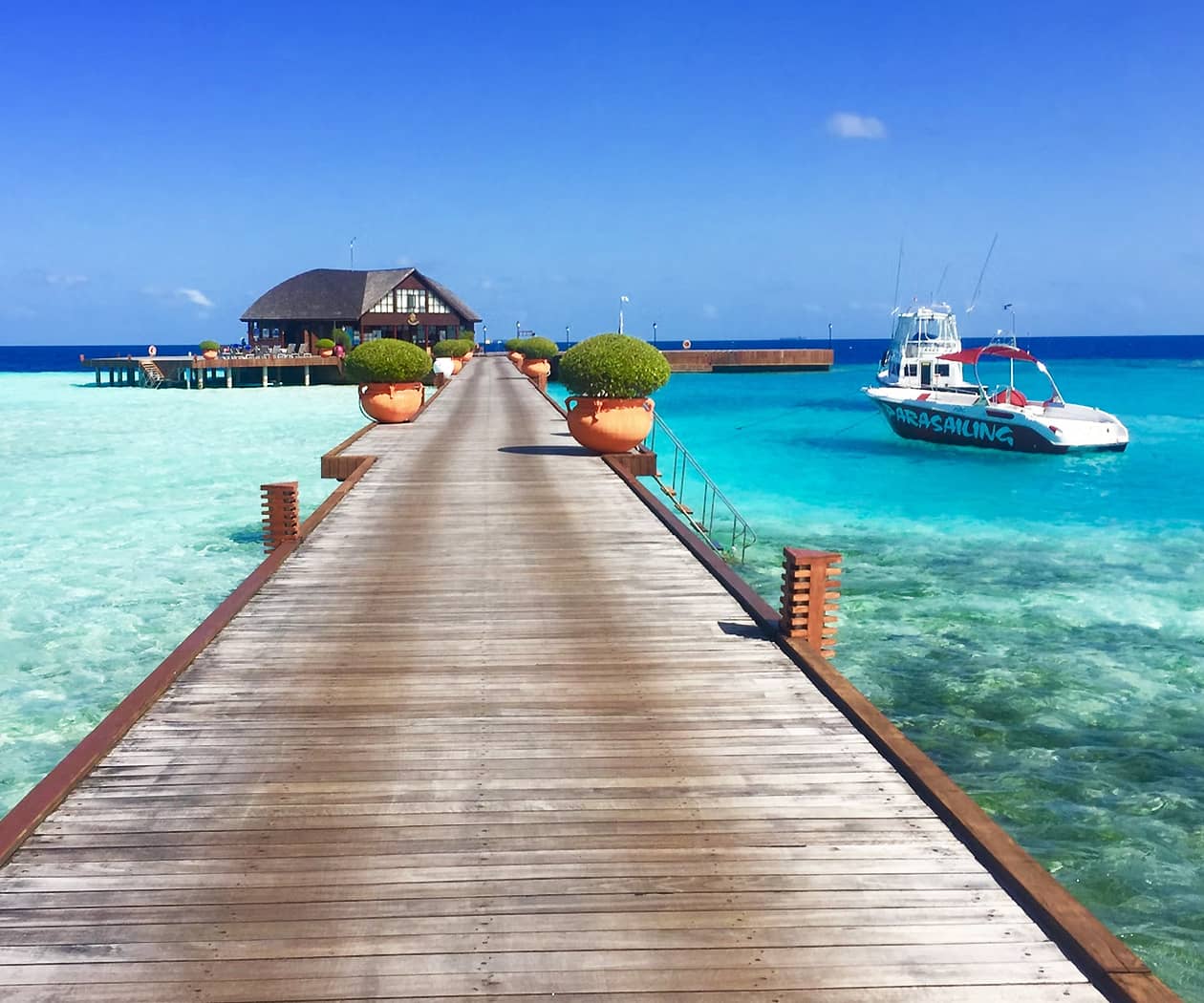Travel Insurance for Fighters: What You Need to Know




🛡 Travel Insurance for Fighters: What You Need to Know
Introduction
When you’re heading abroad for a training camp—be it Muay Thai in Thailand, Brazilian Jiu‑Jitsu in Brazil or a mixed discipline stay with Fight & Travel—you’re taking on more than just workouts. You’re also stepping into a world of travel risks, physical demands and unpredictable scenarios. That’s why travel insurance for fighters isn’t just “nice to have”—it’s essential.
In this guide, we’ll walk you through what you need to look for, how fighters differ from typical travellers, and how to get peace of mind when you train abroad.
✅ Why Fighters Need Special Travel Insurance
Standard travel insurance covers many things—but fighters and combat sports travellers face unique risks:
-
Daily intense training, sparring, hard contact → greater injury risk
-
Training abroad in different countries with different medical quality
-
Possibility of injuries requiring evacuation or specialist care
-
Expensive camps, non-refundable deposits and tight travel schedules
For example, the National Association of Insurance Commissioners notes that travel insurance typically covers medical emergencies, evacuation, trip cancellation and more. content.naic.org+1
As a fighter, you must confirm whether your insurance covers contact sports, training injuries, and your destination’s medical environment.
🔍 What to Check Before Buying Travel Insurance as a Fighter
1. Medical & Evacuation Coverage
Since training is physically demanding:
-
Ensure emergency medical treatment abroad is covered. Voyage+1
-
Confirm medical evacuation or repatriation is included—especially if you’re training in a remote location.
-
Check whether injuries during training or sparring are included (many standard policies exclude “dangerous activities”).
2. Trip Cancellation, Interruption & Non-Refundables
With high-cost camps:
-
Ensure your policy covers non-refundable deposits if you can’t attend or must leave early.
-
Understand what events trigger cancellation coverage. DISB+1
3. Sport-Specific Exclusions
-
Does the policy exclude combat sports, competitions or sparring?
-
Do you need to pay extra for “adventure” or “high-risk” sport coverage? Wealthtender
4. Destination & Duration
-
Is your destination covered, especially if you’re going somewhere remote or less developed?
-
For long-term stays (weeks or months), ensure your policy covers the full length.
5. Pre-Existing Conditions & Fitness Level
-
Some policies exclude pre-existing injuries or conditions.
-
If you’re recovering or pushing hard in training, declare any conditions.
6. Fine Print & Timing
-
Many claims get denied because of late purchase, undeclared activities or missing details. MoneyWeek
-
Buy your insurance as soon as you pay for your trip/deposit. content.naic.org
🥋 Fighter-Friendly Insurance: What It Should Include
Here’s a checklist tailored for fighters:
| Coverage | Why It’s Important |
|---|---|
| Emergency medical treatment abroad | To receive care if injured in training |
| Medical evacuation and repatriation | For serious injuries needing specialist care or return home |
| Trip cancellation & interruption | Protects high camp deposits and prevents loss if you must leave early |
| Coverage for “contact/combat sports” | Ensures sparring/training isn’t excluded |
| Baggage & equipment loss | Gloves, wraps, gear can be expensive |
| 24/7 assistance & multilingual support | Especially useful in foreign countries with language barriers |
💲 How Much Does It Cost?
Broad benchmarks:
-
Travel insurance for typical trips often costs 4-8% of trip price. content.naic.org+1
-
For fighter-specific stays, expect slightly higher premiums if you add “contact sports” coverage or long-term stays.
-
Always compare coverage limits, deductibles, exclusions, not just price.
🇹🇭 Example: Training in Thailand with Fight & Travel
If you’re planning a 2-week Muay Thai camp in Thailand with Fight & Travel:
-
Ensure your insurance covers Muay Thai training, sparring and outdoor sessions.
-
Confirm it covers local hospital costs, evacuation if needed, and travel gear loss.
-
If your camp deposit is non-refundable, choose a policy with strong trip cancellation coverage.
-
Keep all receipts, training logs, and medical records — claim processes are much smoother with documentation.
👉 Contact Fight & Travel today and let us help you select a training camp and the right travel insurance to match your journey.






